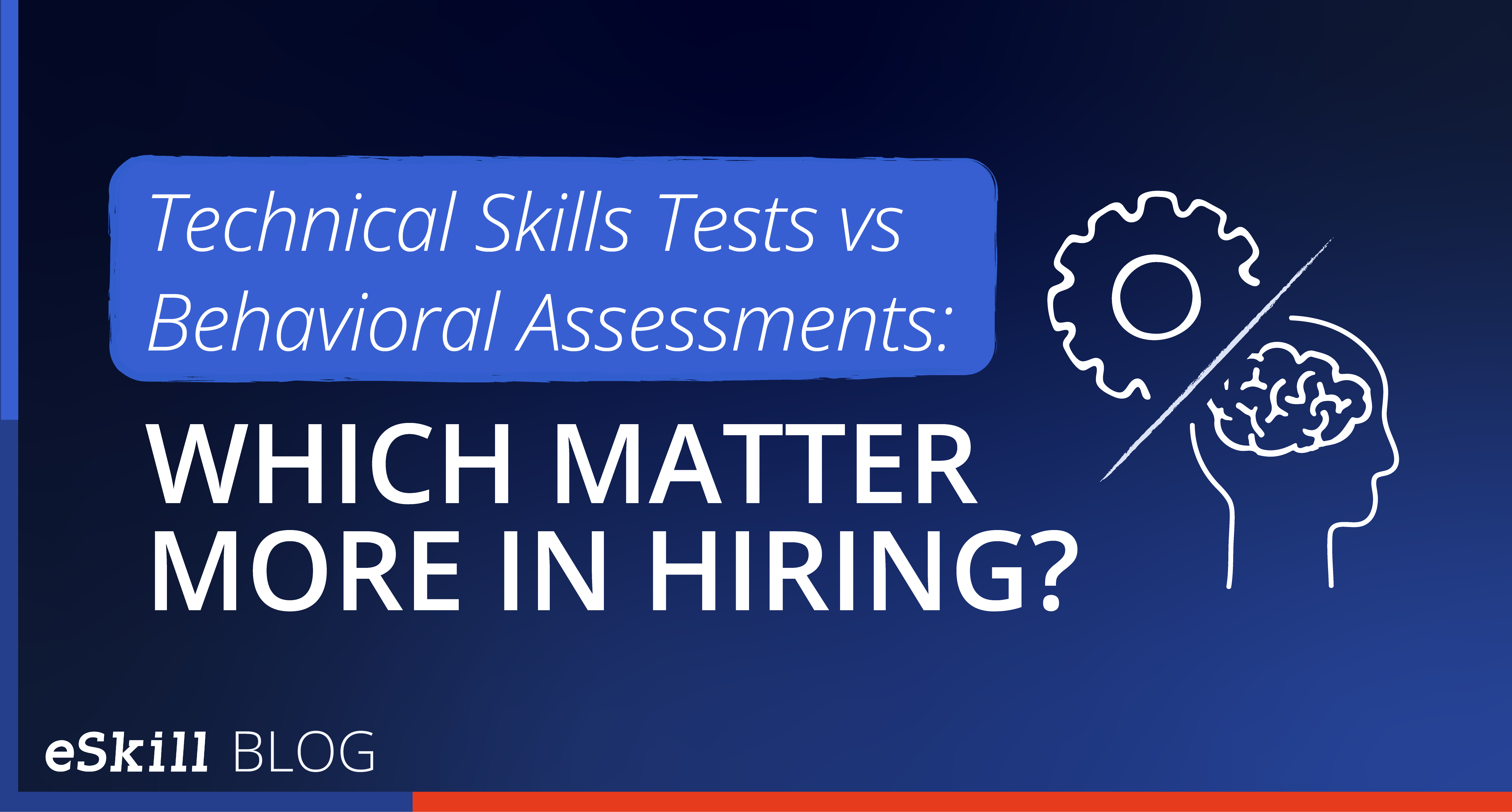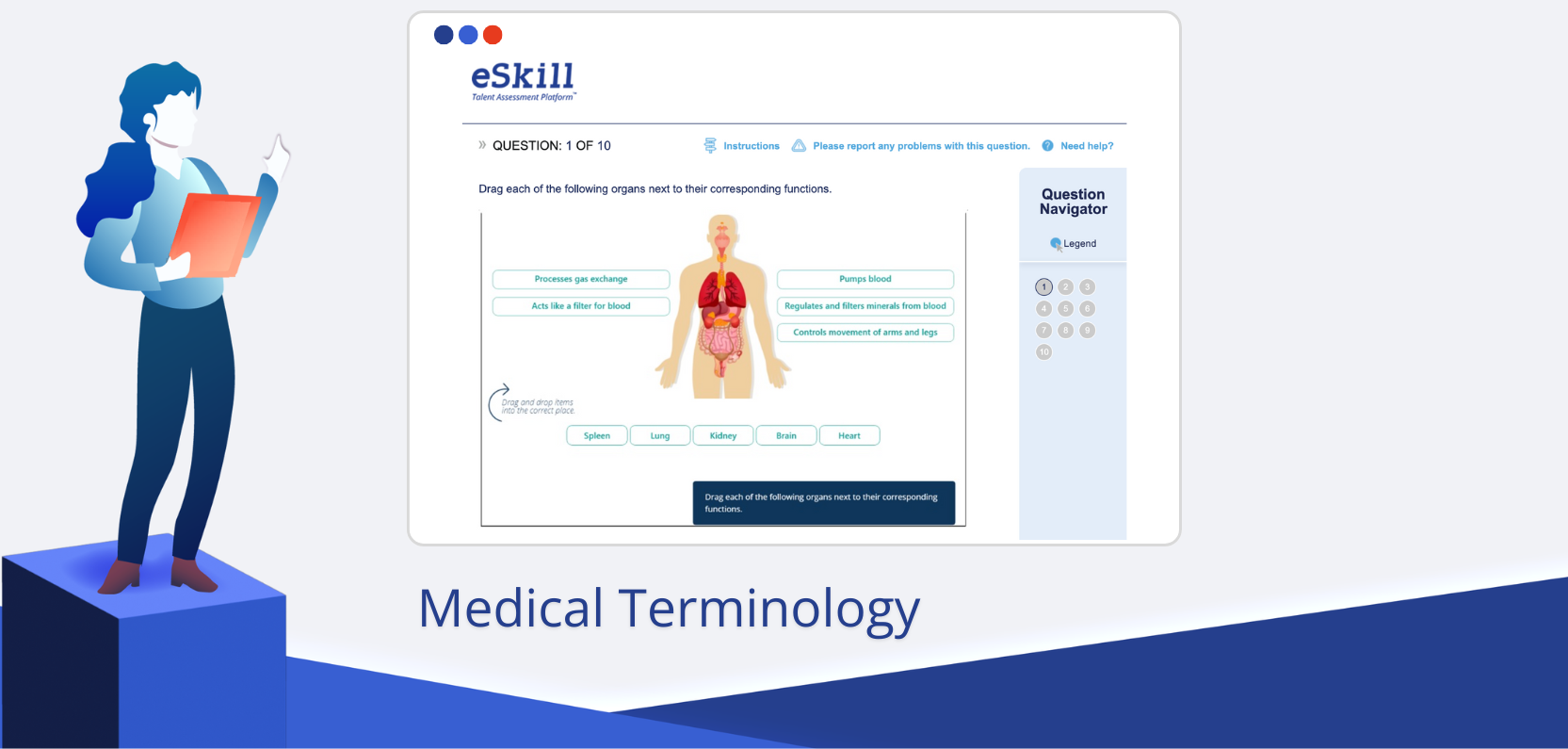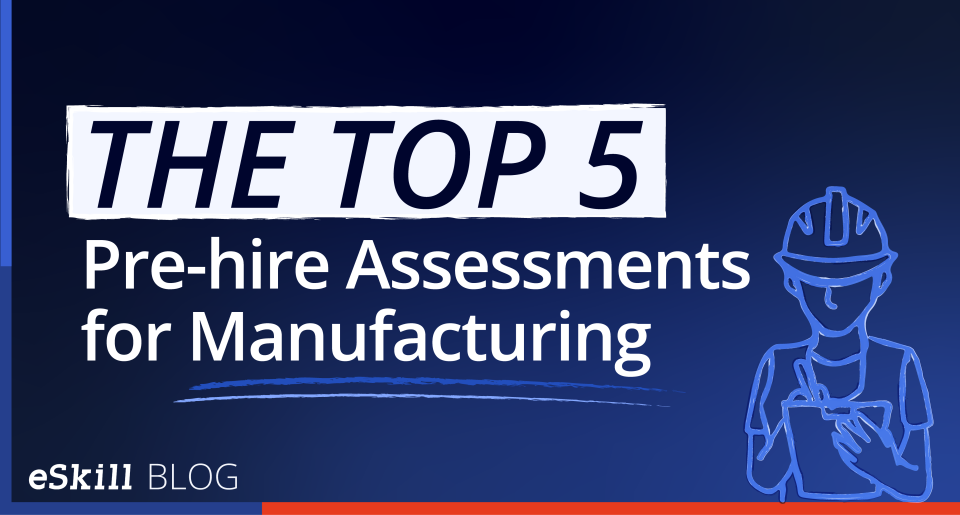Stay Ahead With the Latest Hiring & HR Insights
Explore expert advice, industry trends, and practical strategies to optimize your hiring process.
Latest blog posts

Sign up for our newsletter
Sign up for our newsletter to get industry best practices, platform updates, upcoming events, and more delivered straight to your inbox.




![How to use hard skills tests for hiring [a full guide for employers]](https://cdn.prod.website-files.com/67c0a52b0e08299f66d1cbb8/687a7fa6cd6c11d0b6d48fa0_hard%20skills%20blog%20cover%202.0.png)


![What is adverse impact in hiring? [2025 update]](https://cdn.prod.website-files.com/67c0a52b0e08299f66d1cbb8/687124d6dc37acd61e3ef17e_adverse%20blog%20image.jpg)

.png)
![How do Pre-Employment Tests Work? [A Complete Guide for Employers]](https://cdn.prod.website-files.com/67c0a52b0e08299f66d1cbb8/68541e205d41d28e18526fa4_how%20pre-employ%20tests%20work-BLOG.png)



